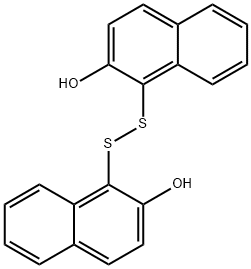
IPA-3 New
 Data Sheet
For research use only. Not for human use.
Data Sheet
For research use only. Not for human use.
* Required Fields.
Please complete the form below and you will get the price list in 1 minute.
* Required Fields.
Please complete the form below and we will contact you shortly.
* Required Fields.
Please complete the form below and we will contact you shortly.
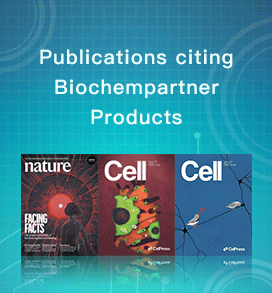
| CAS No. | 42521-82-4 | Cat. No. | BCP42390 |
| Name | IPA-3 | ||
| Synonyms | IPA 3; IPA3; | ||
| SMILES | C1=CC=C2C(=C1)C=CC(=C2SSC3=C(C=CC4=CC=CC=C43)O)O | ||
| Chemical Name | |||
| Formula | C20H14O2S2 | M. Wt | 350.45 |
| Purity | 98% | Storage | Store at 4-8°C |
| Description | IPA-3 is a potent and selective PAK1 inhibitor. IPA-3 inhibits the growth of liver cancer cells by suppressing PAK1 and NF-κB activation. IPA-3 treatment significantly inhibited the growth of HCC cells. The mechanisms through which IPA-3 treatment suppresses HCC cell growth are enhancement of apoptosis and blockage of activation of NF-κB. IPA-3 not only inhibits the HCC cell growth, but also suppresses the metastatic potential of HCC cells. Nude mouse xenograft assay demonstrated that IPA-3 treatment significantly reduced the tumor growth rate and decreased tumor volume, indicating that IPA-3 can suppress the in vivo tumor growth of HCC cells. Hepatocellular carcinoma (HCC) is one of the major malignancies worldwide and is associated with poor prognosis due to the high incidences of metastasis and tumor recurrence. Overexpression of p21-activated protein kinase 1 (PAK1) is frequently observed in HCC and is associated with a more aggressive tumor behavior, suggesting that PAK1 is a potential therapeutic target in HCC. | ||
Recommend Products
More >
-
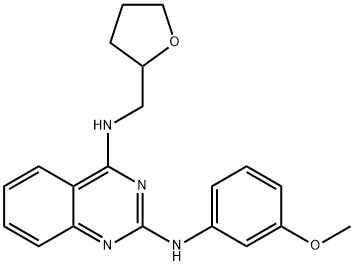
LCH-7749944
Cat. No.:BCP46494
No.:796888-12-5
Product Details -

beta-Elemene
Cat. No.:BCP31326
No.:33880-83-0
Product Details -

FTY720 Acetic Acid Hydrochloride
Cat. No.:BCP31238
No.:1346598-36-4
Product Details -
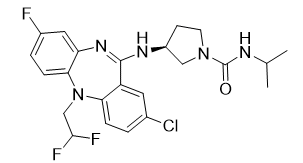
NVS-PAK1-1
Cat. No.:BCP29548
No.:1783816-74-9
Product Details -
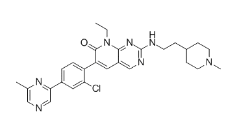
FRAX-1036
Cat. No.:BCP20209
No.:1432908-05-8
Product Details -
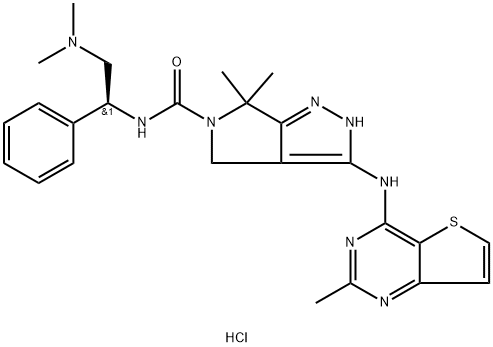
PF-03758309 hydrochloride salt
Cat. No.:BCP24749
No.:1279034-84-2
Product Details -

-
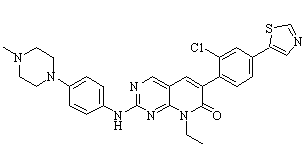
-
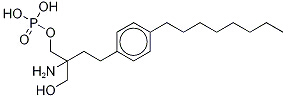
Fingolimod phosphate
Cat. No.:BCP10789
No.:402615-91-2
Product Details -
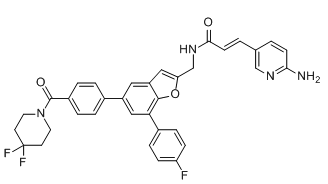
Padnarsertib
Cat. No.:BCP10637
No.:1643913-93-2
Product Details -
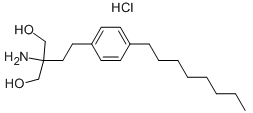
Fingolimod HCl
Cat. No.:BCP01808
No.:162359-56-0
Product Details -

5-Aminosalicylic acid
Cat. No.:BCP05326
No.:89-57-6
Product Details -

Fingolimod
Cat. No.:BCP05969
No.:162359-55-9
Product Details

Tags:IPA-3 supplier,IPA-3 purchase,IPA-3 manufacturer,IPA-3 distributor,IPA-3 cost,IPA-3 buy,IPA-3 for sale




